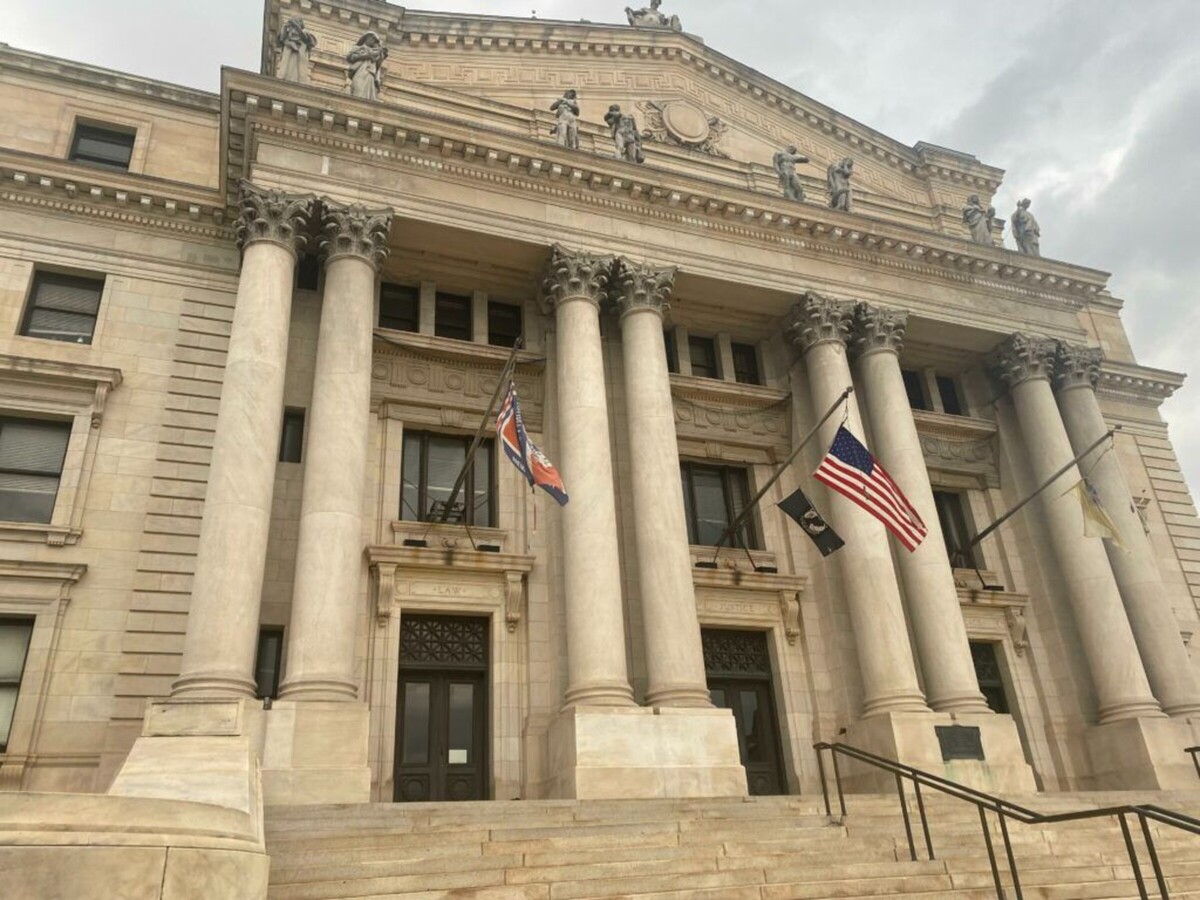Image


Morristown, NJ – A recent disciplinary case involving Superior Court Judge Gary N. Wilcox has drawn attention to the expectations of judicial conduct in New Jersey. Judge Wilcox was suspended for three months without pay following the Supreme Court’s decision, marking a significant moment in judicial accountability.
A formal complaint issued by the Advisory Committee on Judicial Conduct (ACJC) on June 30, 2023, alleged that Judge Wilcox posted inappropriate videos to TikTok, under the alias "Sal Tortorella," from April 2021 to March 2023. Wilcox’s posts featured songs with explicit sexual, violent, and profane content. Some videos were recorded in chambers and courthouse settings, where he lip-synced or performed to music containing offensive language while wearing judicial robes or professional attire.
One post in particular featured lyrics from Rihanna’s song “Jump,” which includes sexually suggestive phrases. In another video, Nas’s “Get Down” played in the background as Wilcox walked through the courthouse wearing a T-shirt. The complaint also mentioned a video where Busta Rhymes’ song “Touch It” was used, containing graphic language inappropriate for a judge’s public persona.
The ACJC charged that Wilcox’s behavior violated several canons of judicial conduct, including:
In his answer filed on August 18, 2023, Wilcox admitted to posting the videos but argued they were created during personal time for entertainment and stress relief amid COVID-19 shutdowns. He emphasized that the posts were not intended to harm the judiciary’s reputation. Wilcox also stated that the content was originally posted under a different persona to maintain anonymity and insisted there was no intent to connect the posts to his judicial position.
Wilcox expressed regret for his actions, acknowledging the videos demonstrated poor judgment and recognizing that some may perceive them as bringing disrepute to the judiciary. He assured the ACJC that he had ceased such activities and would not repeat them.
On October 1, 2024, the New Jersey Supreme Court issued its order following a report from the ACJC. The court accepted Wilcox’s affidavit of consent and approved the recommended sanction of a three-month suspension without pay from October 8, 2024, to January 8, 2025. The court found that Wilcox’s misconduct violated the judicial canons cited in the complaint and agreed that the suspension was necessary to uphold public confidence in the judiciary.
The case highlights the importance of high ethical standards for public officials, especially judges. Judicial misconduct cases such as this may raise concerns about trust in the legal system, particularly in matters involving public figures in positions of authority. The suspension serves as a reminder of the judiciary's role in maintaining the public’s faith in legal institutions through impartiality and professional conduct.
For residents of New Jersey, the ruling ensures accountability and demonstrates that even those in high-ranking positions are subject to scrutiny and discipline. The decision reinforces the judiciary’s commitment to transparency, safeguarding its reputation, and fostering trust in the legal process.
Residents and legal professionals alike will watch closely to see how the judiciary moves forward in restoring confidence following this controversy.